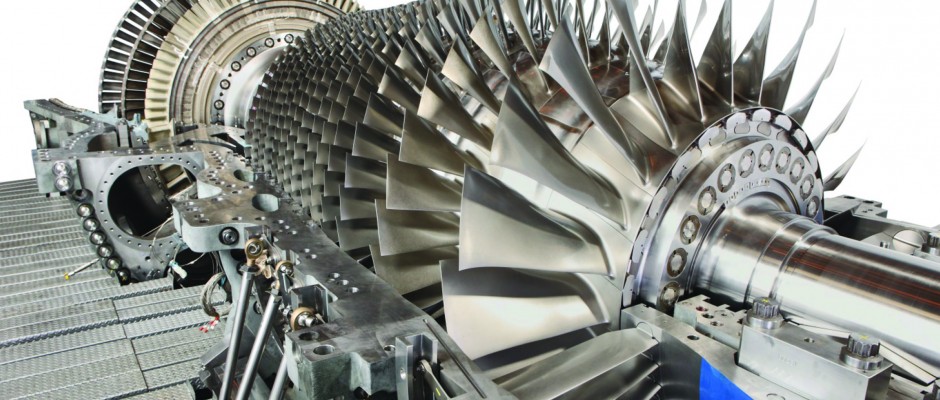

Participants will discover the basics required in minimizing operating cost and optimizing efficiency, reliability, and component longevity and will learn about the overall legislative limits the plant must operate within (including monitoring and control of environmental emissions) and any changes in same. They will gain insights into predictive and preventive maintenance, reliability and testing, and what that does for audit planning. Finally, they will discover some of the latest technology in all of the above and identify methods for self-improvement.
This course on audits covers primarily:
Sometimes audits happen just because they are a good step towards operational optimization. However, the reality of operating plants may mean that audits happen after a major failure or near failure. Plants that have regularly scheduled shutdowns and do not run their machinery “on condition only” are an exception. In these cases, the audit action list will evolve as the aging plant educates its operators.
Engineers, technologists, and other operational personnel who currently or may in the future be involved with the technology or business of running a process plant, a refinery, a power plant, and/or an oil and gas facility. Personnel can be involved in:
While this course is of major benefit to newer people in the field, it is also valuable as a revision and technology update for more experienced personnel.
This interactive Training will be highly interactive, with opportunities to advance your opinions and ideas and will include:
CDGA attendance certificate will be issued to all attendees completing minimum of 80% of the total course duration.
| Code | Date | Venue | Fees | Register |
|---|---|---|---|---|
| ME157-02 | 18-05-2026 | Istanbul | USD 5950 | |
| ME157-03 | 23-08-2026 | Dubai | USD 5450 | |
| ME157-04 | 20-12-2026 | Manama | USD 5450 |

In this 5-day course, participants will gain a strong technical and practical understanding of bearing design features and implications of many bearings types. This course will provide the participant ...

The possible reasons leading to machinery failure is important to personnel involved to machinery, operation and maintenance. This will help all of them to take possible precessions in their jobs to a ...

This course is for experienced mechanical equipment engineers to develop and expand their capabilities in monitoring and problem analysis of turbo machinery.

This course provides attendees the training needed to extend their knowledge of machinery diagnostic techniques and rotor dynamics as applied to rotating machinery. In particular, they will learn the ...
Providing services with a high quality that are satisfying the requirements
Appling the specifications and legalizations to ensure the quality of service.
Best utilization of resources for continually improving the business activities.
CDGA keen to selects highly technical instructors based on professional field experience
Since CDGA was established, it considered a training partner for world class oil & gas institution
3012, Block 3, 30 Euro Business Park, Little Island, Co. Cork, T45 V220, Ireland
Mon to Fri 09:00 AM to 06:00 PM
Contact Us anytime!
Request Info